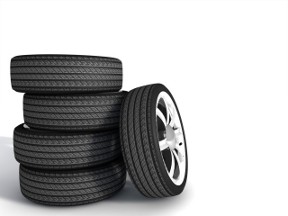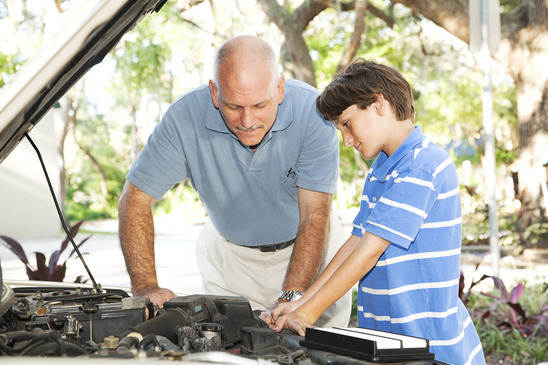
Running in to your local auto repair shop for a quick oil change is easy. Yet what happens when your oil change turns into something more? Instead of being surprised the next time you are told about a major auto repair from a shop you aren’t familiar with, go in prepared. Instead of saying “yes” to whatever surprises they throw at you, have your own set of responses to make sure you are getting the kind of service you deserve.
1. Start by looking at the condition of the auto repair shop. A good mechanic will make sure his equipment and the area he works in organized, clean and in good working condition. You won’t find old parts stacked in the corner, and trash strewn across the floor. This is his business and he should be showcasing a professional look for his customers.
2. Estimates should be a fact of life. When you drop off your car for one reason, the written estimate should cover work realted to that service alone. If additional problems are discovered, make sure you will be contacted with a quote before any work is done. This should include parts and labor. Never accept surprises. [Read more…]









